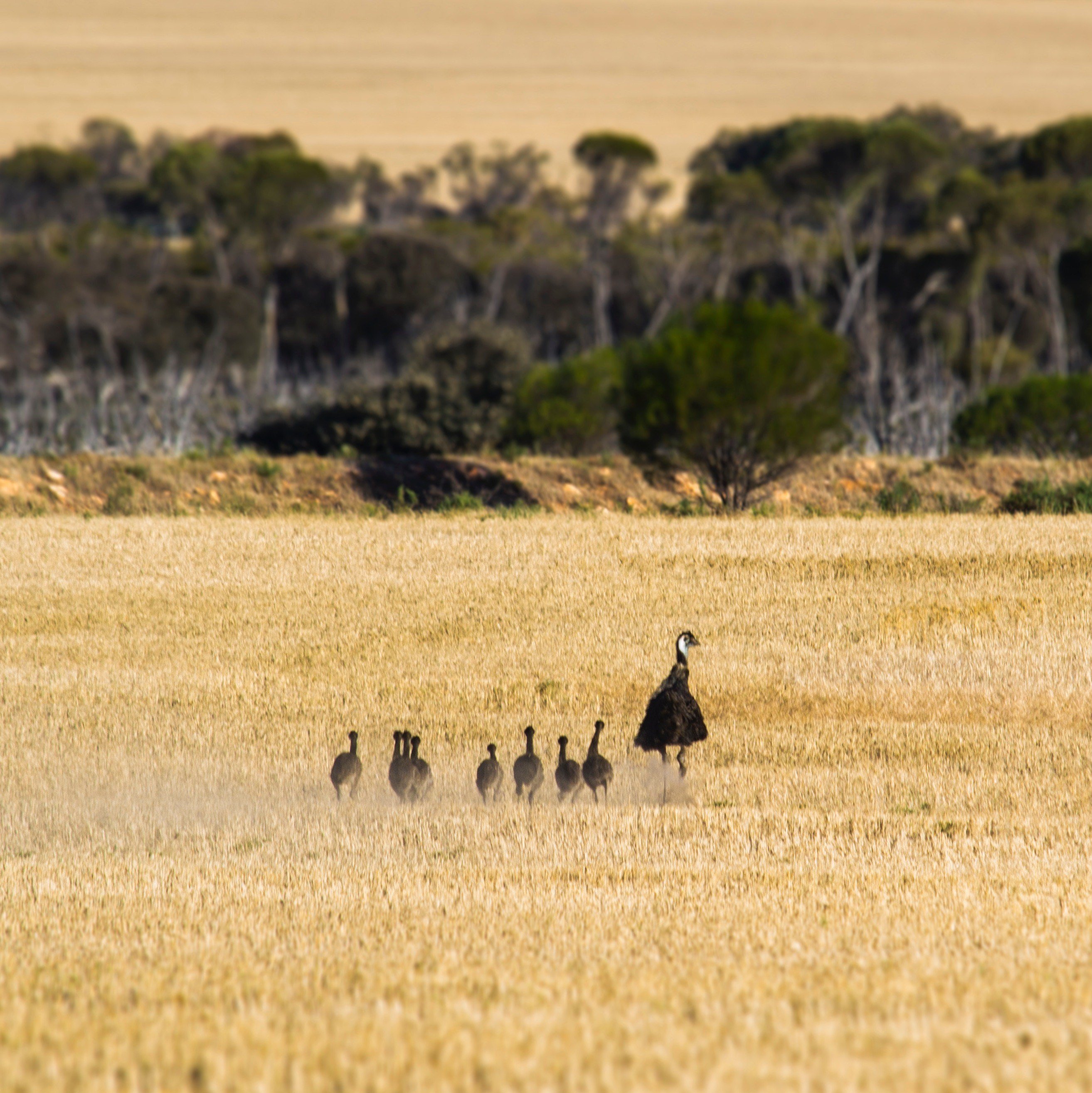
Learn more
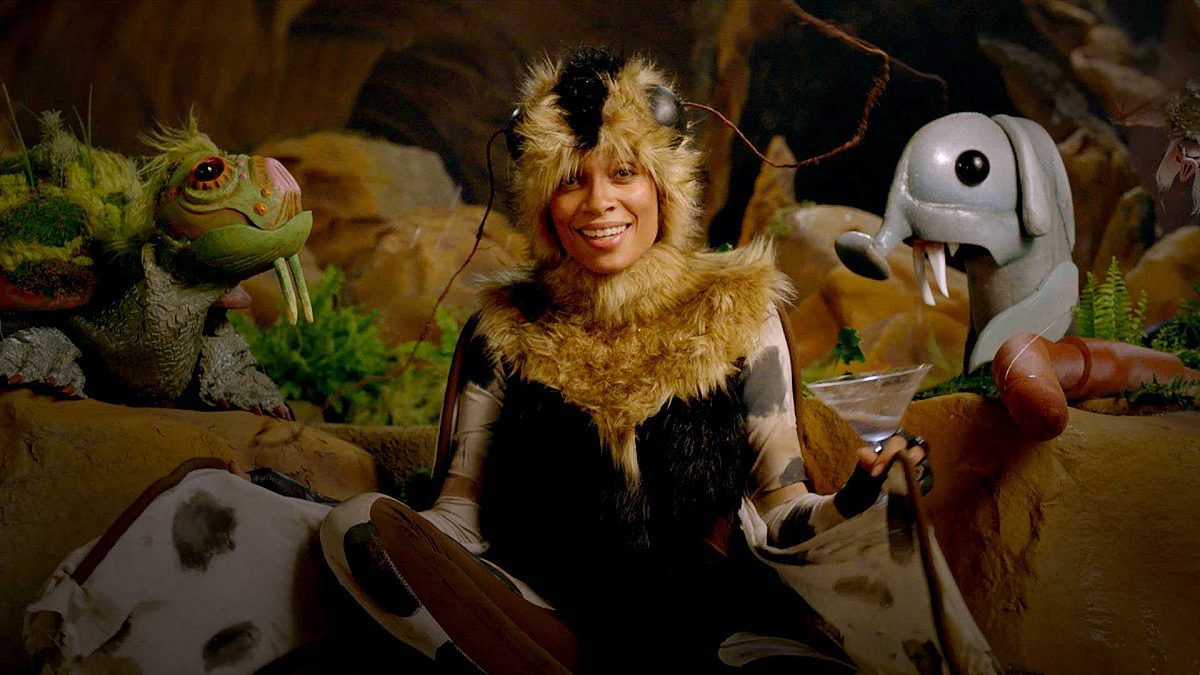
Grubby mangroves, flaky lichen, squirmy worms and thunderous plumes of whale poo. It’s not sexy, but we just can’t live without it. It’s time to support all life. Because life supports us.
Nature charities love cuddly animals. But we can’t rely on pandas to build our soil, pollinate our crops, or give us clean air and water. That takes thriving, intact ecosystems.
It's why Rosario Dawson got ugly to support the Wilderness Society. See if you can spot cameos from Cate Blanchett, Joel Edgerton, Teresa Palmer, Claudia O'Doherty, Erik Thompson, Samara Weaving, Sara Wiseman and Dan Wyllie.
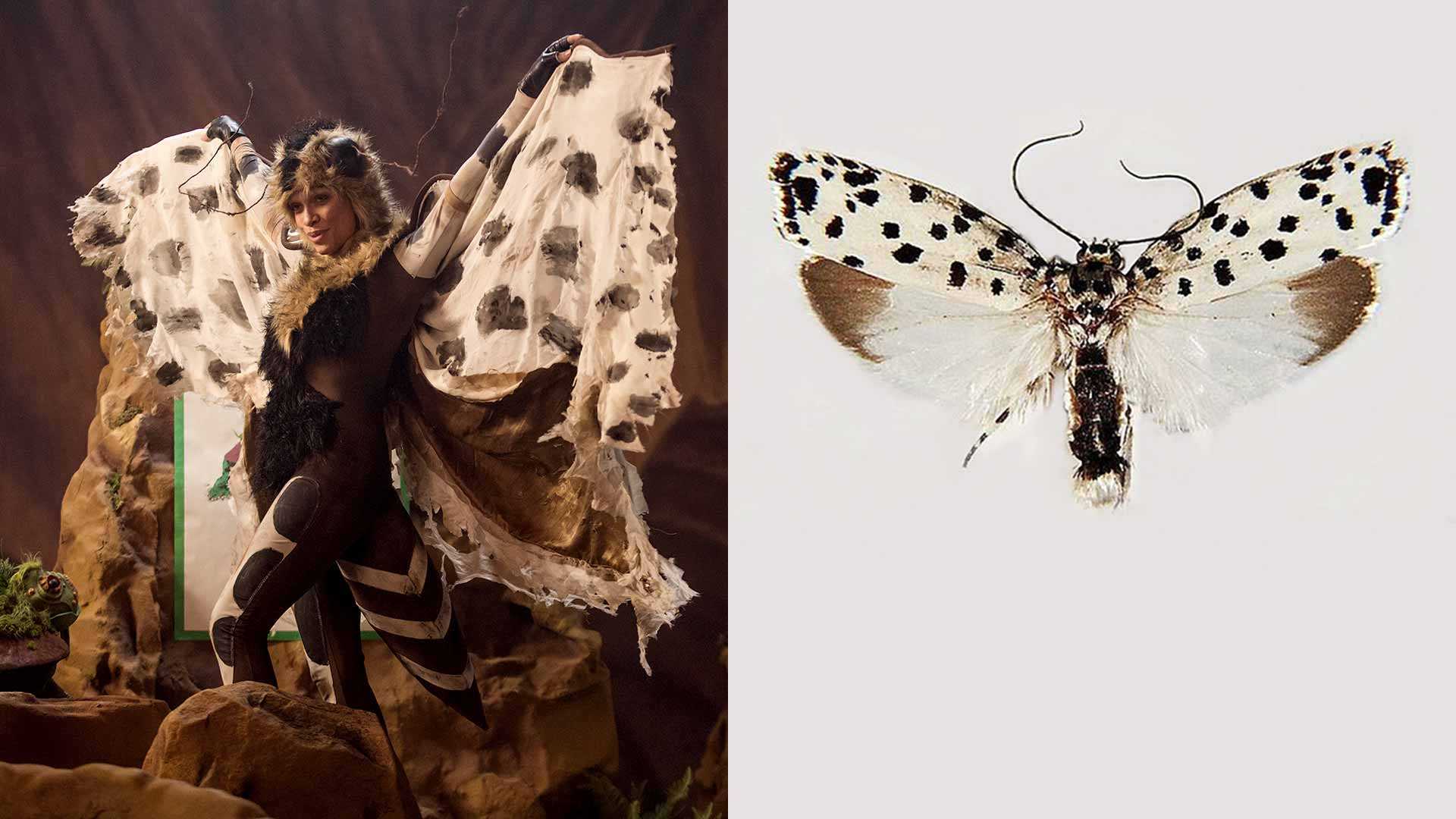
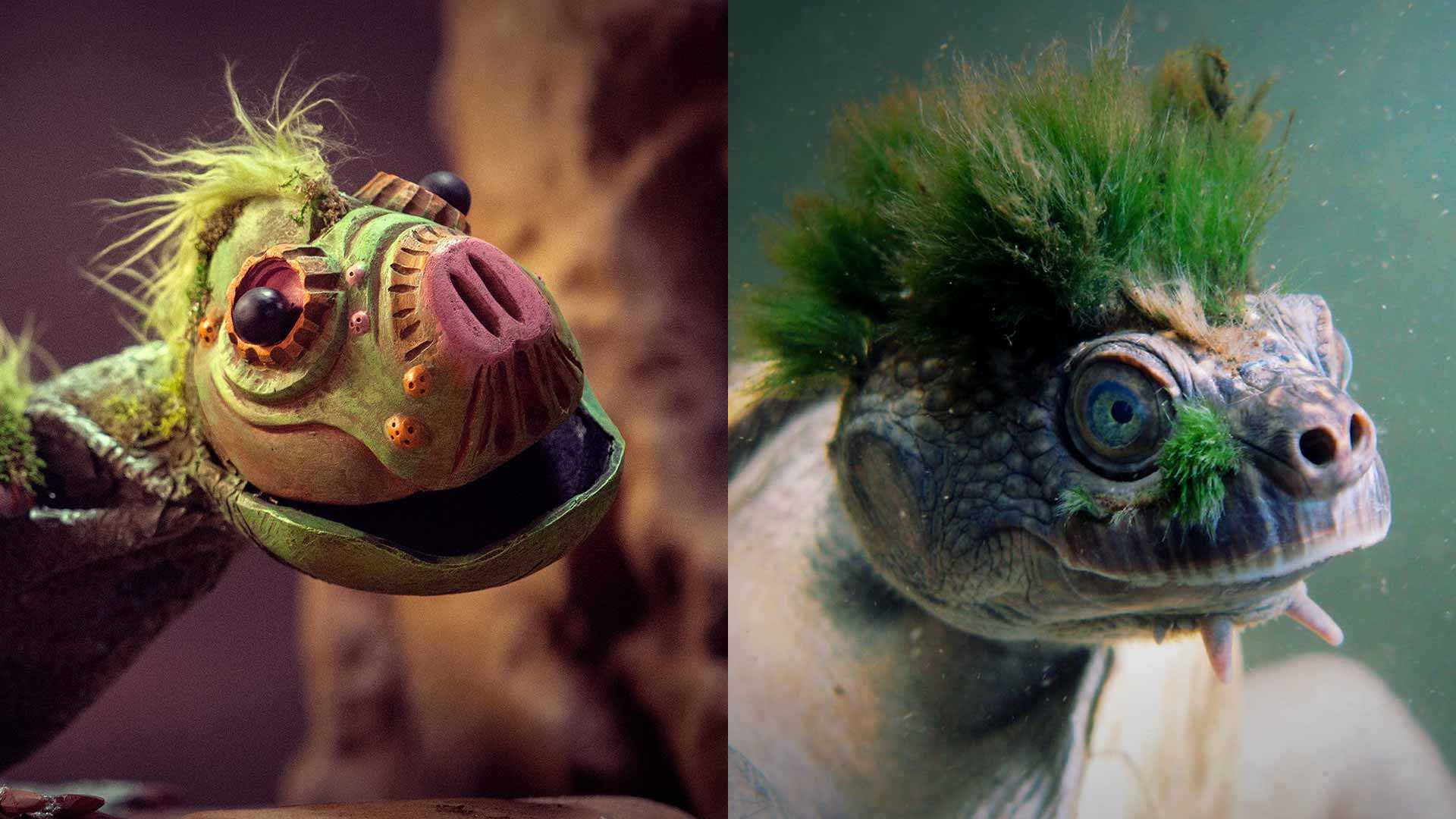
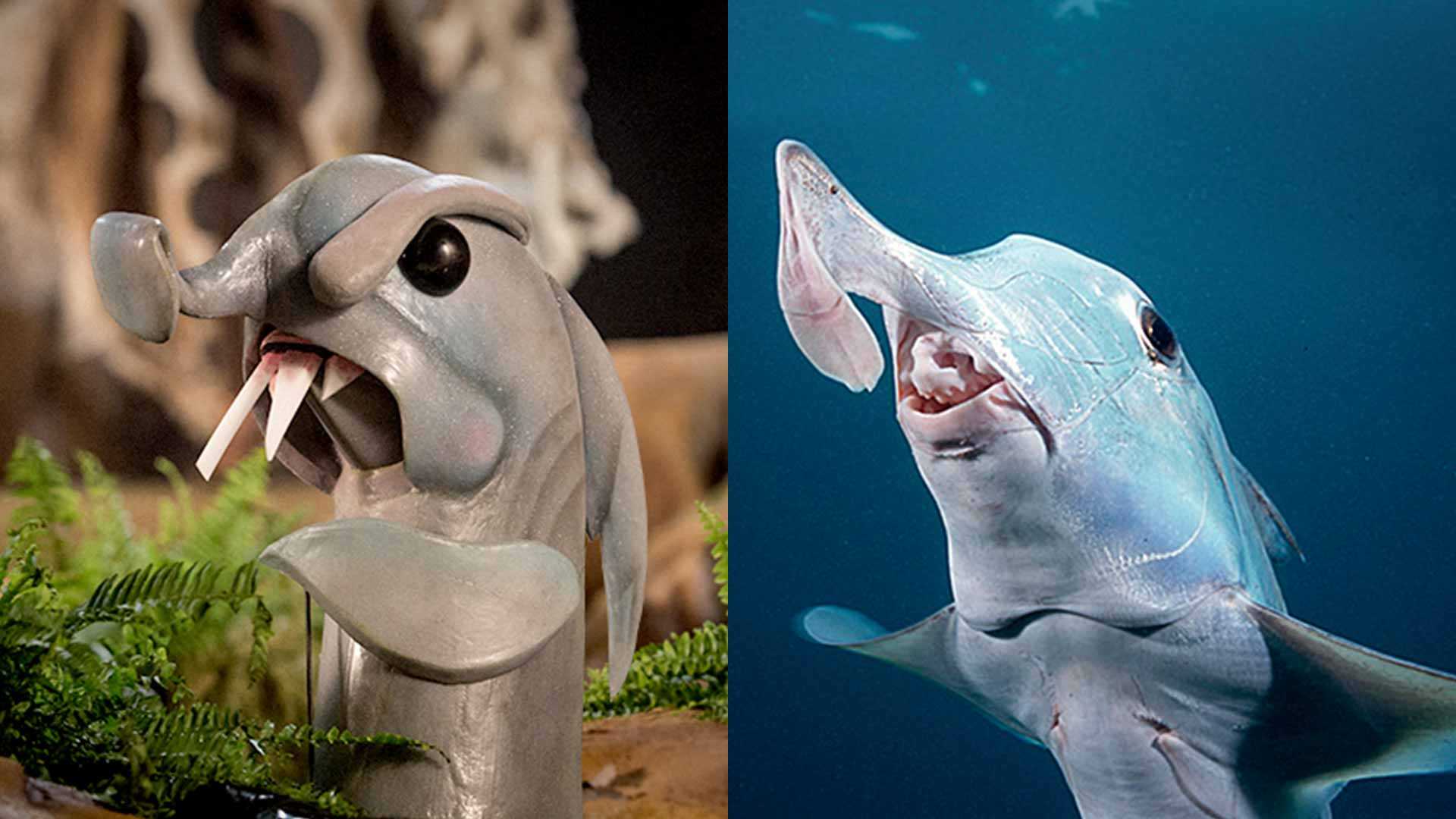
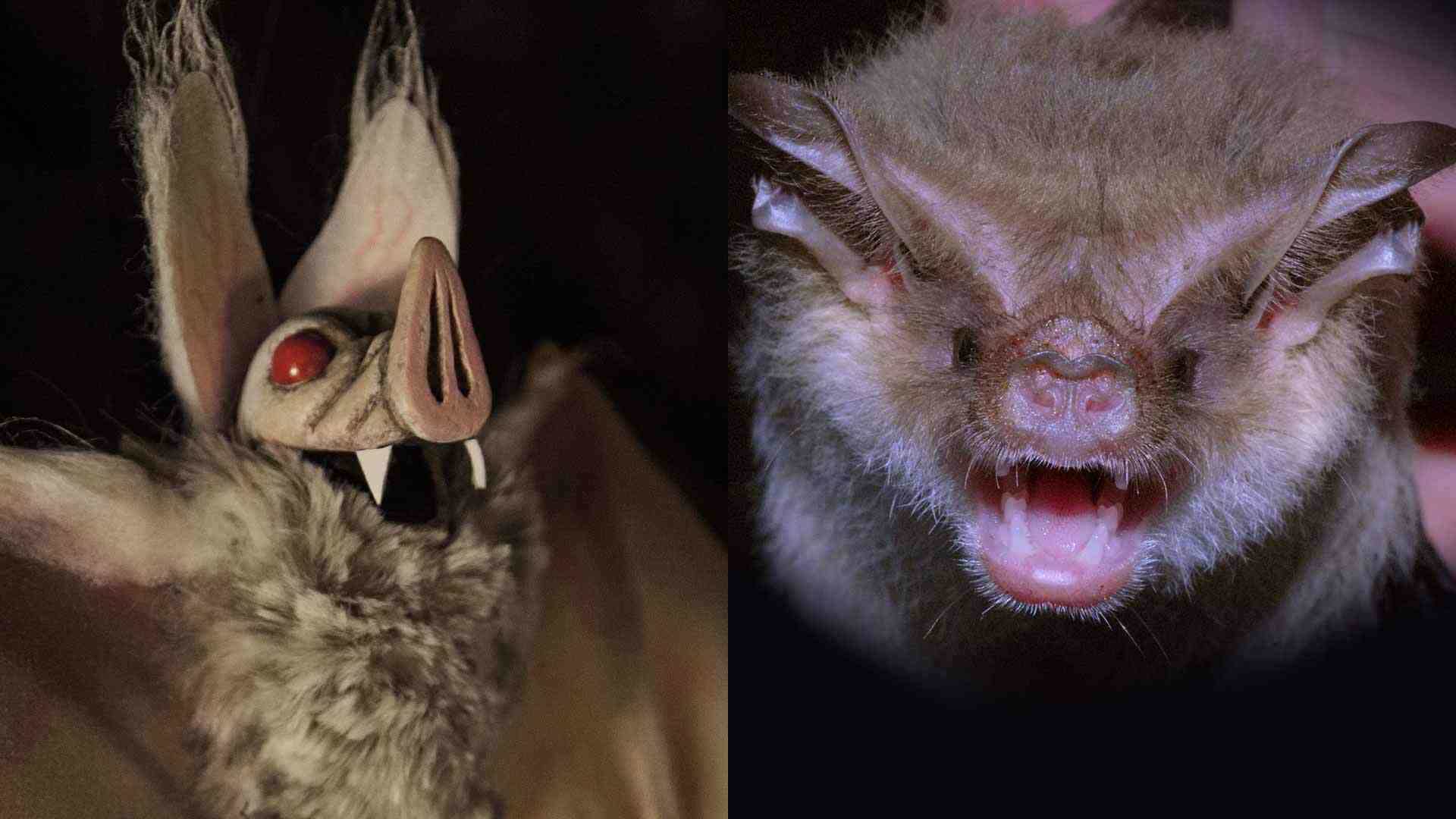
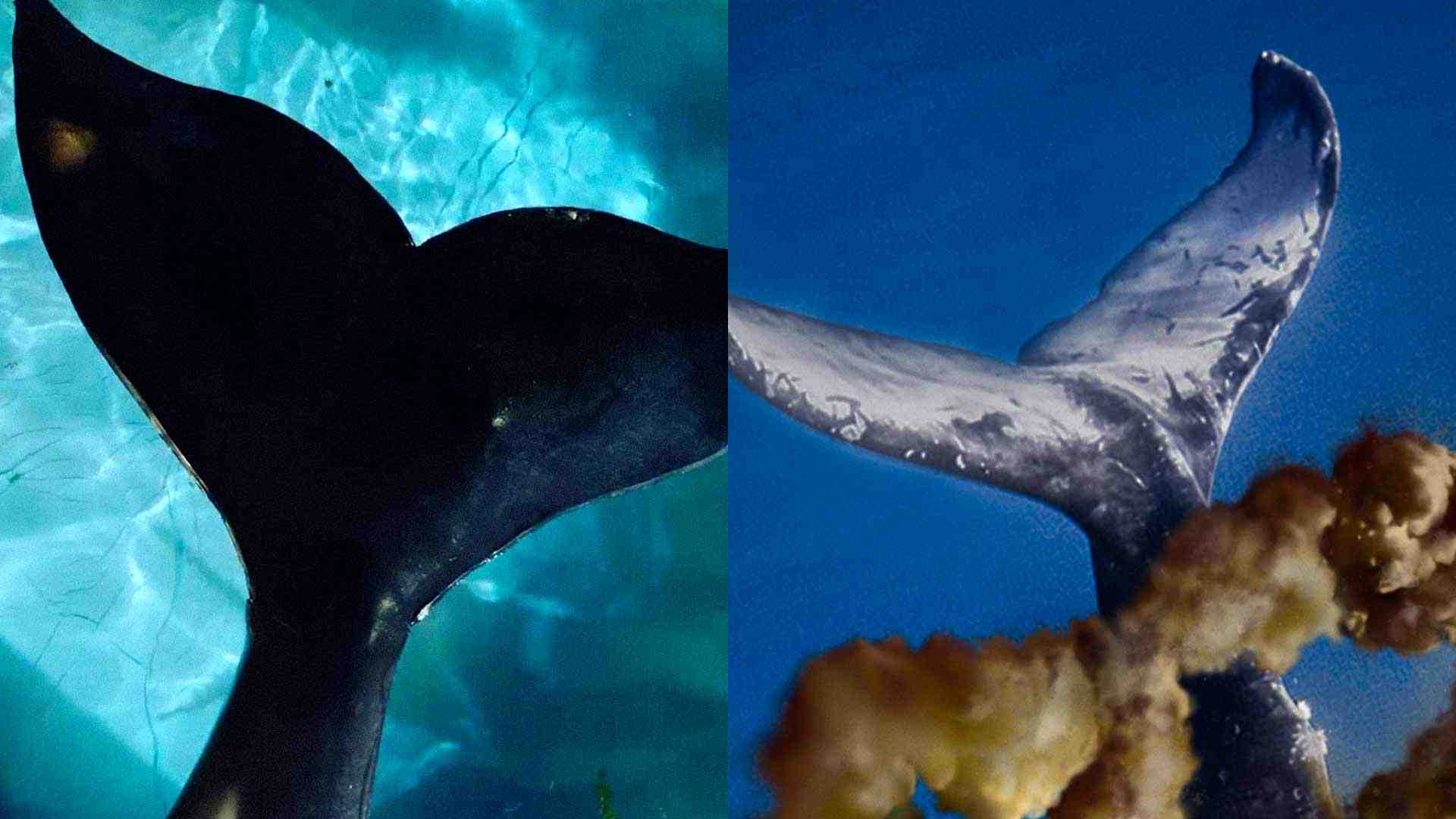
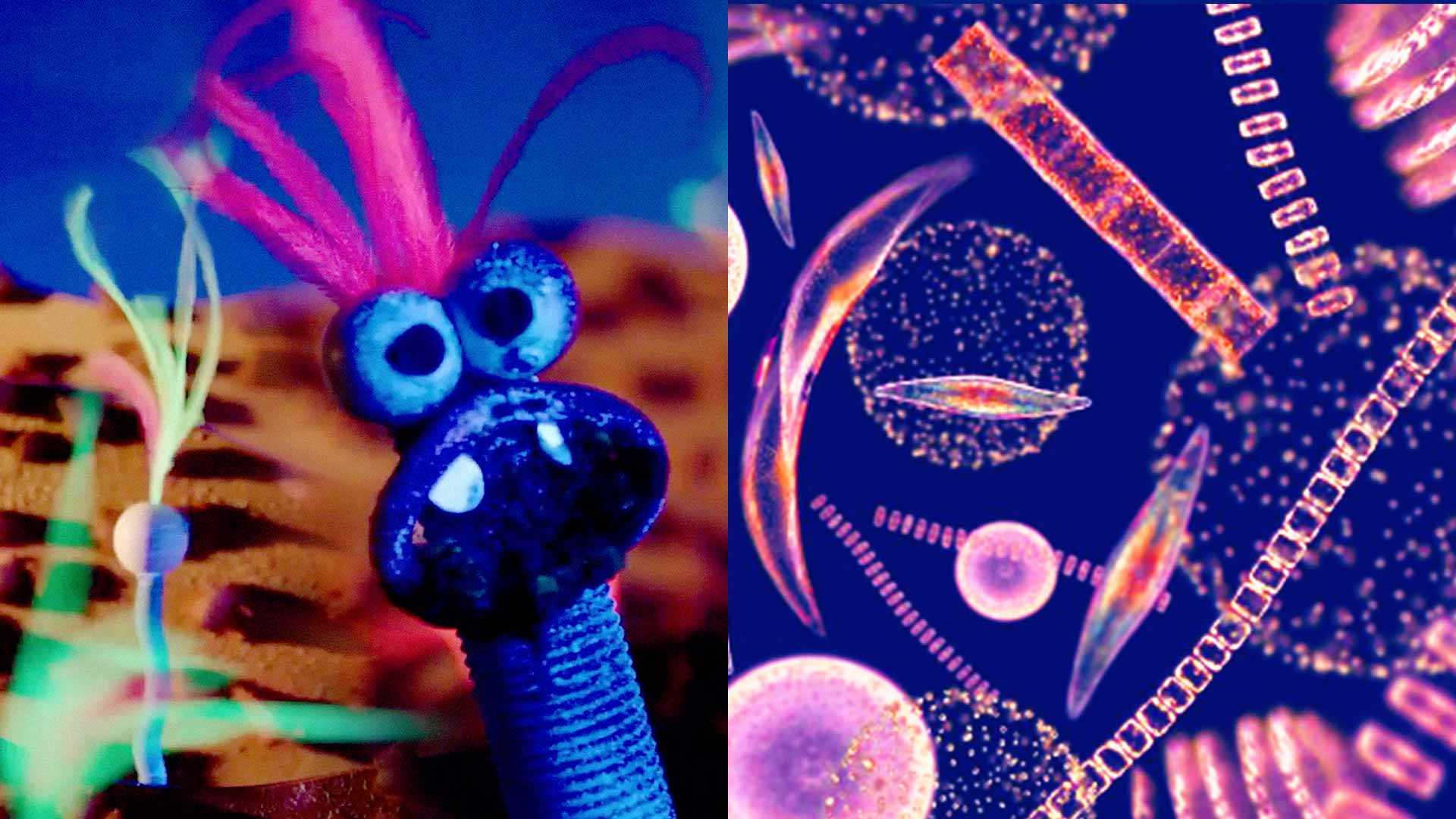
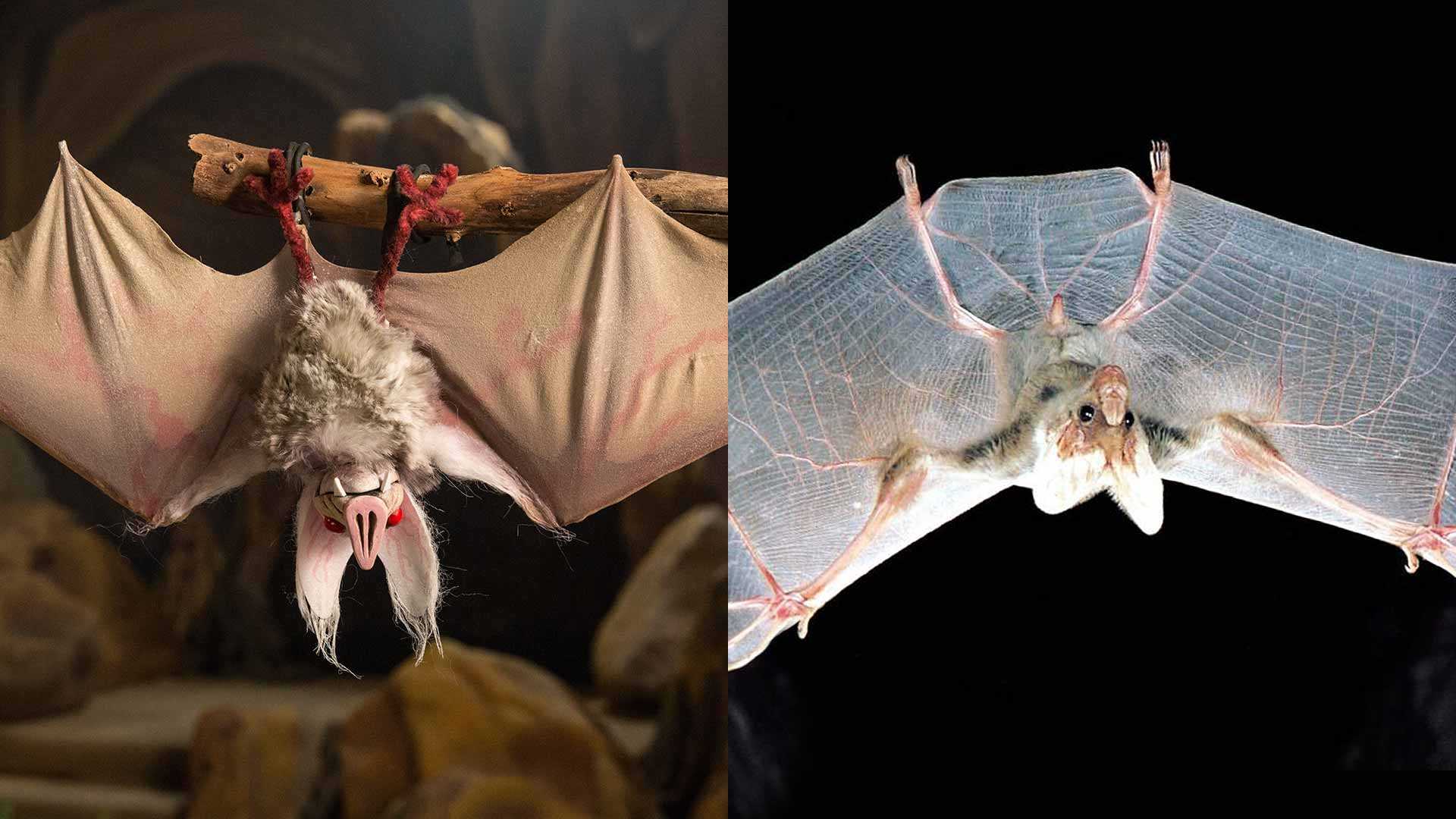
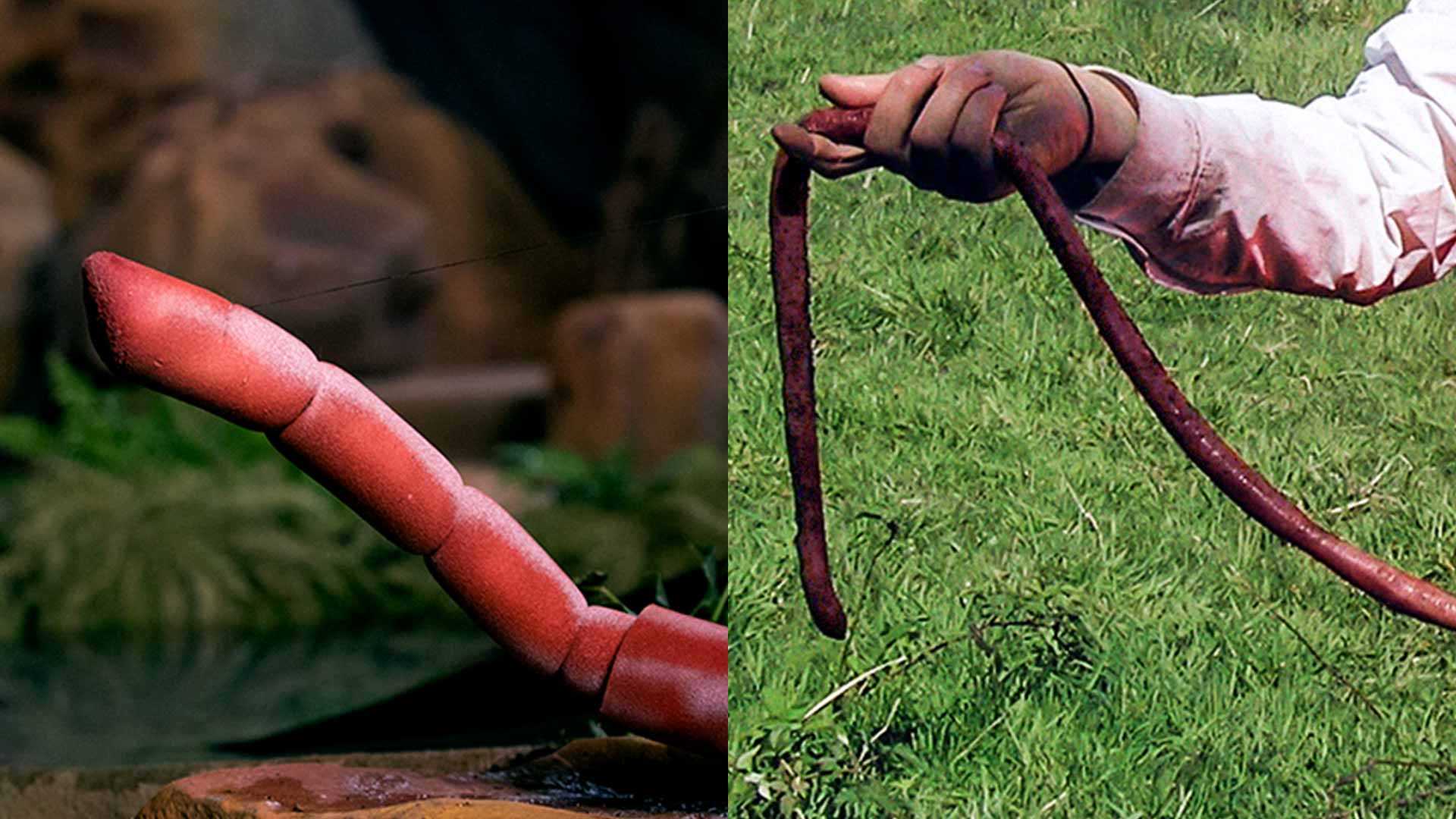
Not even worthy of a nickname, Ethmia clytodoxa pollinates plants and helps out with seed production. Because moths are super sensitive, they help us understand how ecosystems respond to climate change. Photo: Australian Moths Online
This bum-breathing turtle once pooped fruit seeds along river banks. How did it wind up on the endangered species list? For decades, the ‘Penny Turtle’ was caught and sold in pet shops. In 2009, a powerful campaign helped to stop its home on the Mary River in Queensland from being dammed. Now it’s slowly making a comeback. Photo: Brad Van Wyk
This goofy chimaera goes by many names, including one that alludes to the phallus on its forehead. As a predator, it eliminates sick fish from our oceans, keeping fish stocks healthy. Oh, and it’s got a venomous spine. Rad! Photo: Kelvin Aitken marinethemes.com
South Eastern Long-Eared Bat Its face is the stuff of horror movies, but microbats play a supporting role in the control of crop pests and disease-spreading mosquitoes. We’re keeping Coal Seam Gas expansion out of bat country.
Whales are far from ugly. But what we really need to save is their poo. It's a superfood for phytoplankton, who help our oceans fight climate change. So every time a whale poos, it's a tasty little gift to our climate. Photo: Rita Kluge
These tiny little climate fighters snack on nutritious whale poo, absorb CO2 from the atmosphere, and promptly die, burying that CO2 safely on the ocean floor. Cheers Phytoplankton.
If not for its membranous flappy bits, the Ghost Bat might be a national hero. This very vulnerable species hunts rodents, snakes and other creepy-crawlies. But the caves it calls home are being destroyed by mining explosions. Photo: Steve Parish – Nature Connect
Any idea how much fertiliser a nine-foot worm can poop? After decades of soil degradation, we need all the help we can get to break down organic matter and build fertile soils to produce the food we eat.
Since 1976, we’ve stood up for the intact ecosystems that make all our lives possible.
From stopping deforestation in Great Barrier Reef catchments to saving Tasmania’s forests. From protecting the cultural heritage of the Kimberley to fighting coal seam gas in New South Wales. From keeping deepwater drilling out of the Great Australian Bight to supporting the Great Forest National Park.
But not every ecosystem that supports our lives is beautiful. Not every vulnerable native species is adorable. If we want a living world that sustains generations of Australians to come, we need to think big picture. We need your help to change the system.
Together we can win modern, world-class environmental laws to protect nature and support the life we all depend on. (Even the ugly stuff.)
Find out about our new campaign for nature laws that work.
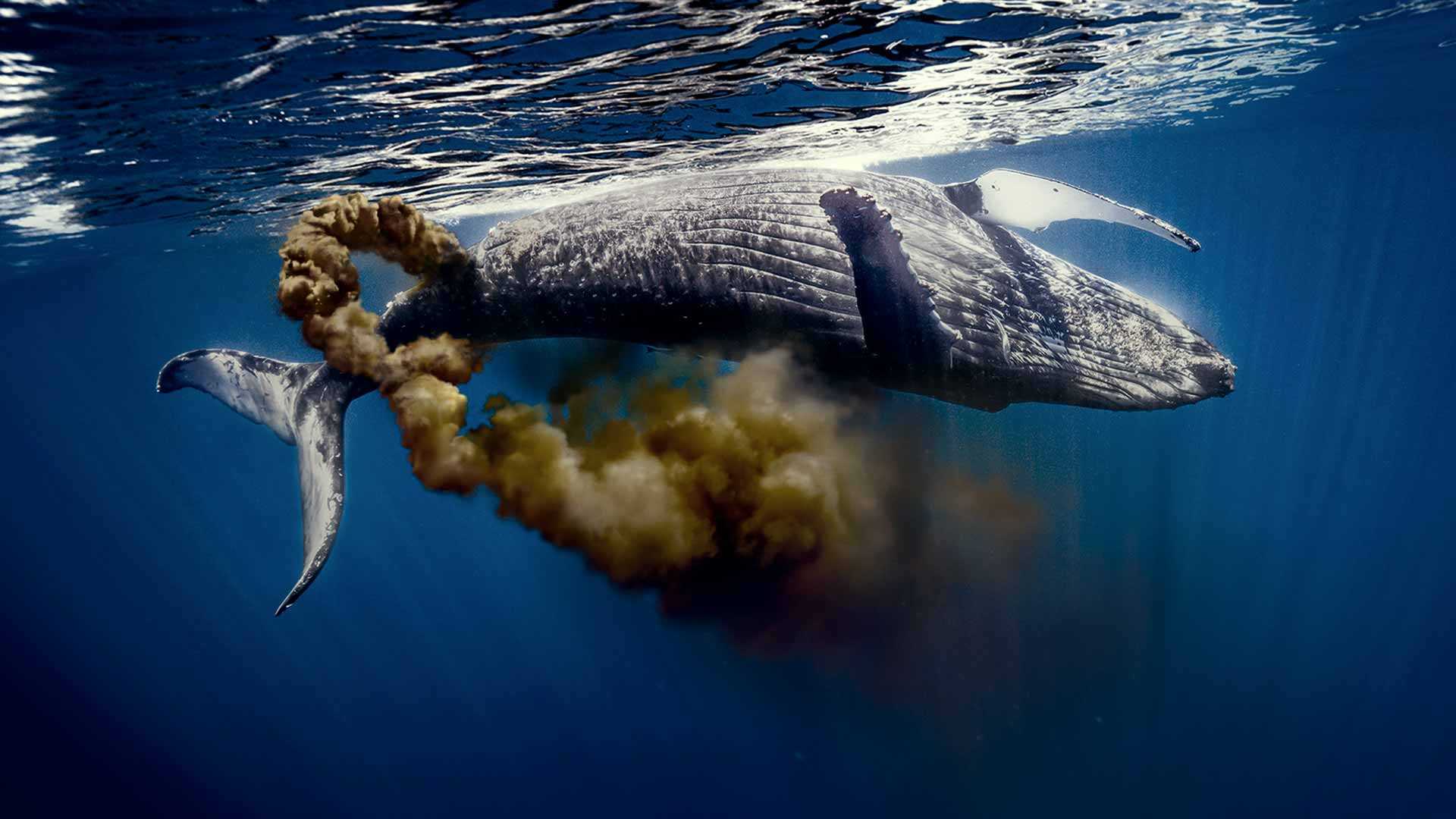
You’d have to be a special kind of jerk to wish ill upon whales. Nevertheless, there was a time when these magnificent creatures were severely depleted by whalers. Many of their populations never recovered.
With fewer whales, our oceans miss out on their impressive faecal plumes (their poo). This starves hard-working phytoplankton of iron and nitrogen (they were going to eat that poo).
Phytoplankton absorb carbon dioxide from the atmosphere and sink down to the ocean floor, taking that carbon with them. Which makes whale poo a potent force in the battle against climate change.
Around 70% (some say as high as 85%) of the world’s oxygen is produced not by trees, but by these ocean organisms. One type of phytoplankton is responsible for producing the oxygen in one in every five breaths you take.
Since the 1950s, our warming oceans have seen a drop in numbers for some types of phytoplankton. With such complex systems at play, one thing is clear.
We need to protect intact ecosystems, not just individual species. That's why we're in the fight of our lives to save the Great Australian Bight (a vital Southern Right Whale nursery) from some of the deepest, riskiest oil wells ever planned. Save their poo, save you.
Nature isn’t always pretty. Sometimes it’s the really ugly bits that keep or living world healthy. Help us support all of nature.